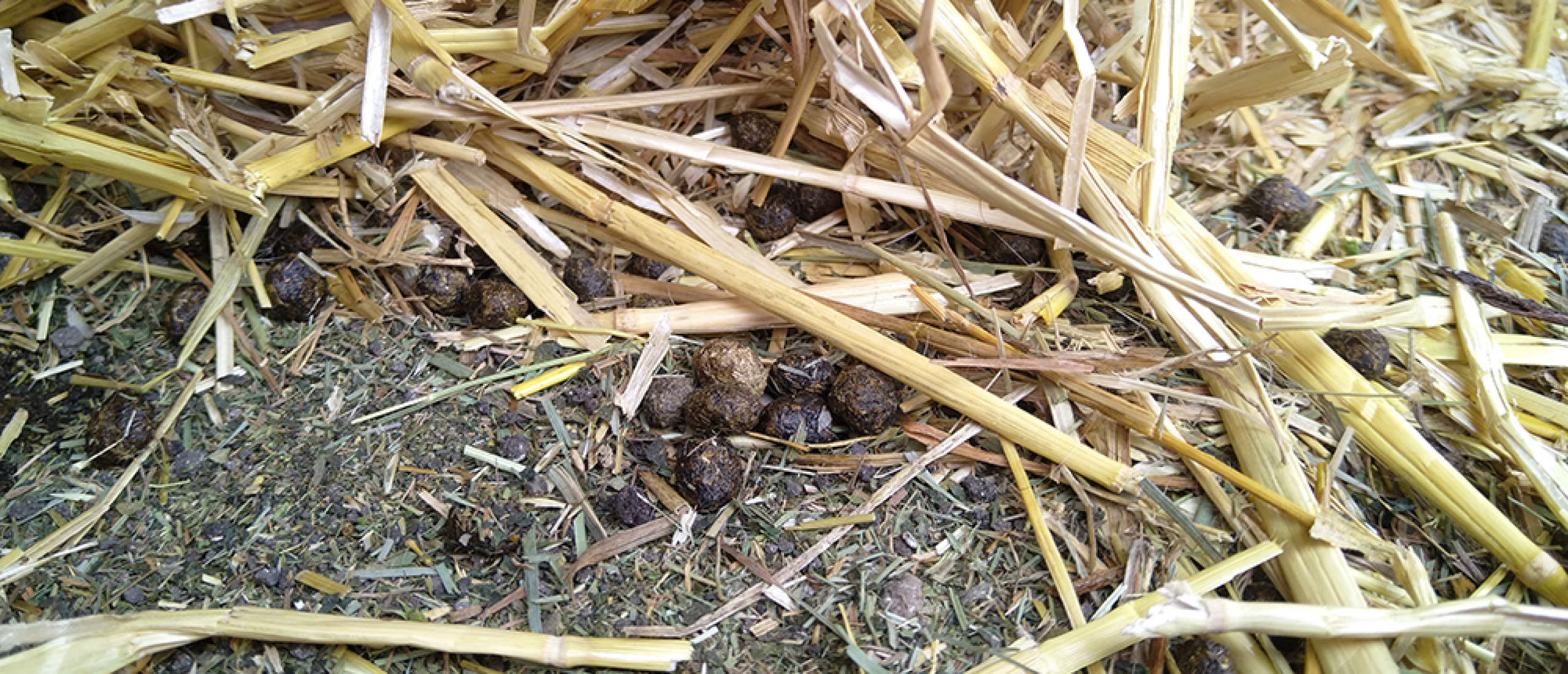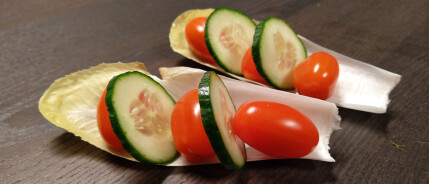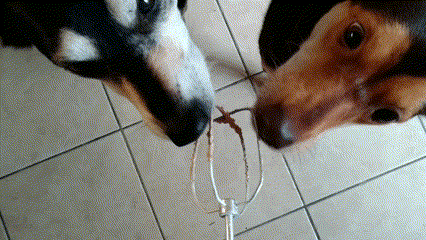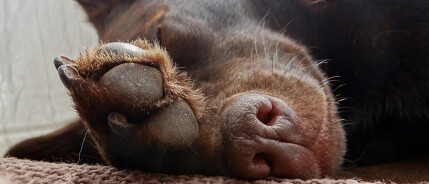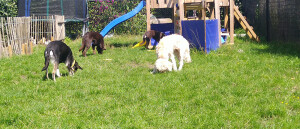Have a poo? Rabbits eat their droppings again.
Rabbits eat part of their own droppings. That sounds gross, but it is actually very healthy for them. Nutrients are absorbed in the body in the small intestine. Then the rest goes to the cecum. It is not well developed in humans, but it is in rabbits and many other herbivorous mammals such as guinea pigs. The bacteria that live here still produce valuable nutrients. By eating these special cecal droppings, the rabbit can still use these nutrients.
Rabbits produce 200 to 300 droppings per day
That's a lot! But also very logical, since hay contains little energy. So they have to eat a lot and also have a lot of "waste" left.
Cecal droppings look different
The cecal droppings look like a bunch of poop stuck together. You will rarely see them in the pen, because a healthy bunny eats them right away. Do you see them regularly? This indicates that your rabbits might eat too much energy-rich food and too little fiber. Good hay is always the basis of a good rabbit diet.
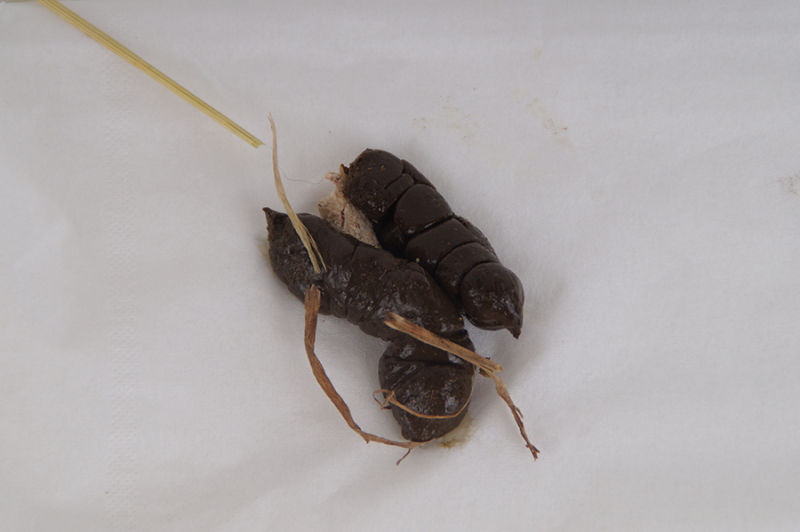
Drops can show that a rabbit is sick
As a prey animal, a rabbit does not easily show that it is sick. That is why it is wise to pay attention to other signals, such as their droppings. Healthy droppings are about the same size, dry and they do not smell. A rabbit with sticky poop or soft faeces may be sick or receive the wrong diet. A rabbit with sticky droppings often doesn't eat enough fiber and too much sugar, resulting in soft stool. These rabbits are often overweight, so they cannot keep themselves clean. A fiber-rich, low-energy diet is very important! Check regularly for sticky poop, especially in the summer, because this can attract flies which can lead to myasis (maggot disease).
Rabbit droppings are great fertilizer!
Yes, there are still quite a few nutrients in rabbit poop! It contains more nitrogen and phosphorus and less ammonia than livestock manure, which gives it a favorable composition for our indoor and outdoor plants. An additional advantage: they also smell a lot less than most fertilizer pellets.

